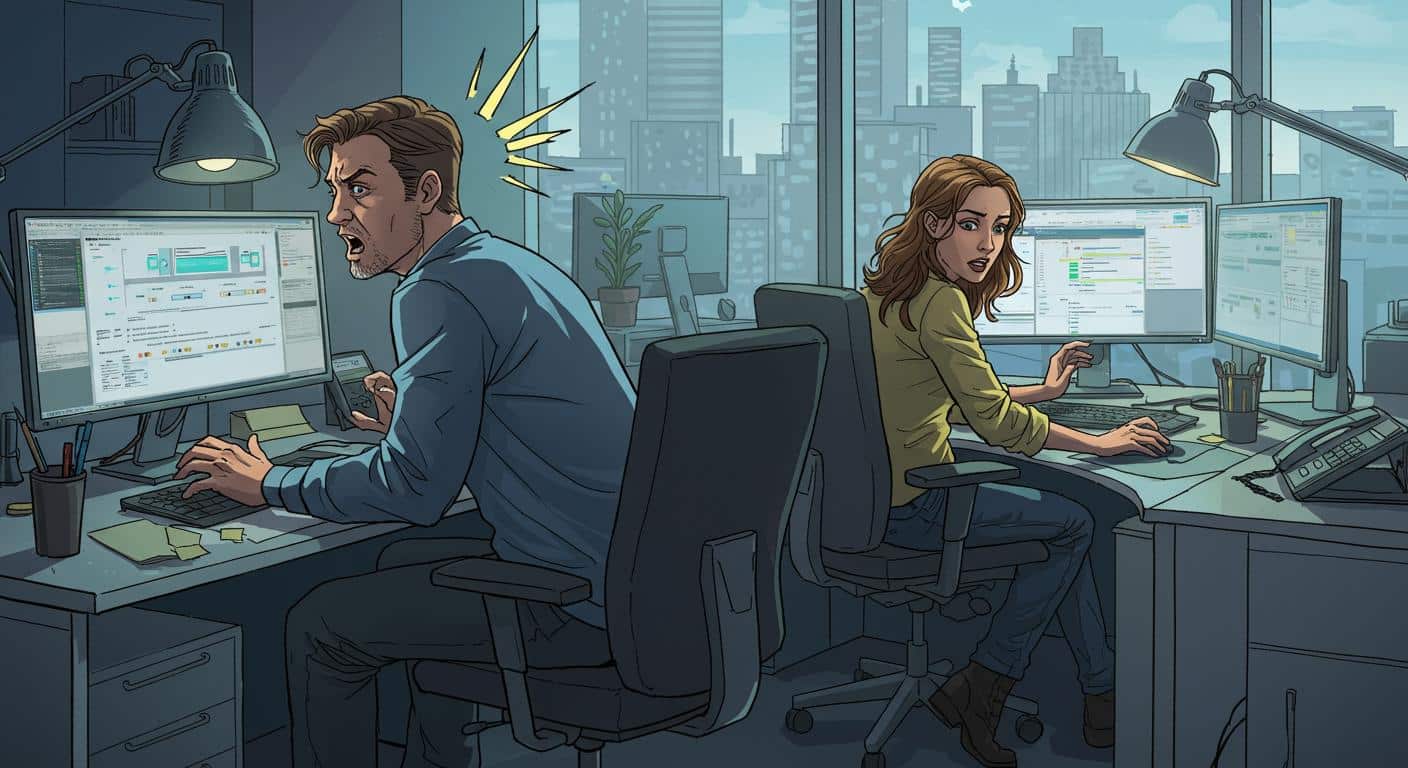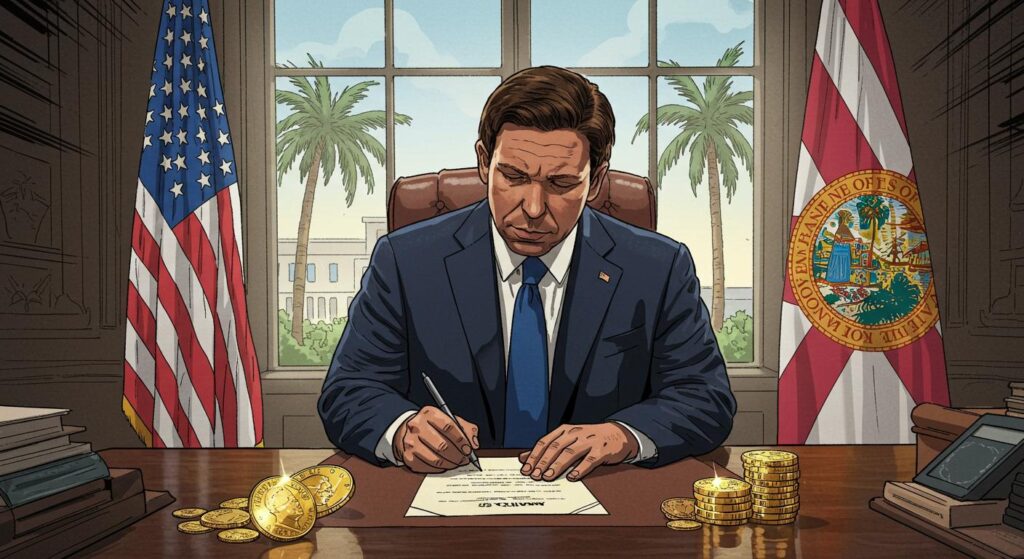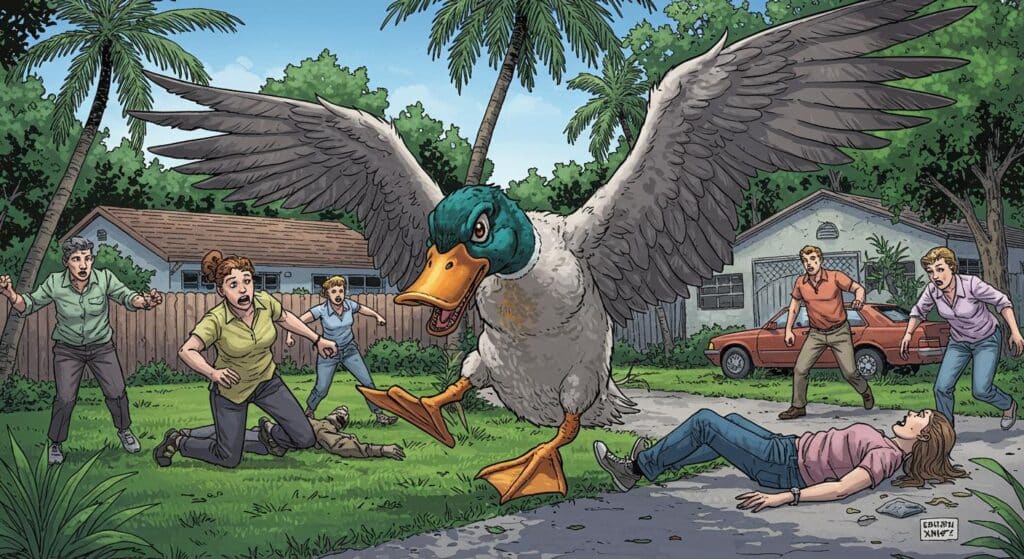It’s the kind of workplace moment that, until recently, might have passed as little more than background noise: the barely stifled sigh, the theatrical exhale, the glance skyward betraying deep-seated frustration. Maybe you’ve even done it yourself, perhaps in one of those meetings that seem to bend the laws of time. But according to a recent UK tribunal, your expressive nonverbal “ugh” could now be more than a passive-aggressive air current—it might actually break the law.
Yes, really. A ruling this week has set a precedent that sighing at a colleague, particularly one with a disability, isn’t just impolite, but could count as workplace discrimination (The Guardian). So, if you’re the resident Office Sigher, it might be time to consider how much of your inner monologue makes it out via the respiratory system.
A Sigh Too Far: The Details
Here’s how we found ourselves parsing the legal ramifications of heavy breathing. In 2025, as outlined by The Telegraph, Robert Watson, a software engineer at Roke Manor Research—the company renowned for creating the Hawk-Eye ball-tracking tech—became the focus of courtroom attention after repeated, pointed sighs from his manager, known only as DT. Watson grappled with timekeeping and focus issues stemming from undiagnosed ADHD, eventually receiving that diagnosis in 2022, after already securing his role at the company.
The plot thickened after Watson returned from brief sick leave related to new ADHD medication. Upon his return, he faced not only an increased workload but also a new, nonverbal form of critique: the targeted sigh. Tribunal documents cited by The Telegraph and LBC show that these exhalations, along with direct criticism of Watson’s hours and desk time, weren’t just the general hum of office ennui but were directed specifically at him. LBC describes that Watson’s manager admitted the high-pressure environment contributed to his own frustration, but the sighing and criticism were not levelled at other staff—just Watson.
Over time, these reactions, coupled with comments like Watson being a “net detriment” and a quip about “putting your ADHD aside for a moment,” led Watson to go on sick leave for work-related stress, after which he never returned. His claim for disability discrimination followed, with the tribunal upholding that the manager’s conduct was indeed discriminatory.
Sighs That Speak Louder Than Words
At the heart of the ruling was nuance, not absurdity. Judge Catherine Rayner, as quoted by The Telegraph, concluded, “the reason for the expressions of frustration arose from things which themselves arose from [Watson]’s disability, such as his time keeping and working patterns and the fact that he was spending time away from his project desk.” She went on to emphasize that, had adjustments and proper support been in place sooner, the pressure driving both the manager’s frustration and the resulting discrimination might have been avoided.
Adding context, HCAMag notes Rayner’s acknowledgment that “reactions from others, verbally or as a gesture, can have a damning effect on his self-esteem and anxiety.” The judge also pointed out the significance of these nonverbal cues being uniquely, and repeatedly, aimed at Watson—a pattern rather than an isolated exhale. LBC further highlights that Judge Rayner recognized the manager’s own pressure but maintained this “does not excuse DT’s behaviour … it does explain it.”
So, are the courts really out to criminalize every involuntary sigh, or does this case swing the spotlight onto the intersection of unconscious micro-gestures and a colleague’s well-being? There’s no suggestion that the ruling transforms every moment of workplace exasperation into a legal hazard; rather, it paints a picture of how cumulatively targeted non-verbal conduct, especially toward someone with a known disability, crosses the line from awkward to unlawful.
The Evolving Landscape of Nonverbal Harassment
In marking this territory, the tribunal may be nudging workplaces toward a world in which even the background hum of human expression gets scrutinized—at least when directed, persistent, and harmful. The Guardian and HCAMag both underscore that the tribunal recognized the heightened expectations now placed on employers to accommodate neurodiverse staff not just with formal adjustments, but in subtle everyday interactions as well.
If you’re someone whose inner monologue leaks out through sighs and raised eyebrows, could office etiquette one day include breathing lessons? Or maybe HR will soon offer masterclasses in the art of Equanimous Respiration (“Exhale Without Prejudice: A Mindfulness Workshop”). In all seriousness, though, the outcome nudges us toward a little more self-awareness—less about suppressing our humanness, more about understanding how it lands on those around us.
Watson’s compensation will be resolved later, with his other claims for unfair dismissal dismissed, as documented by The Guardian. Yet this particular sigh—and the tribunal’s response to it—may echo a little further. As HCAMag observes, “even seemingly minor gestures—like a sigh—can carry significant weight in legal assessments of hostile work environments.”
So, is your exasperated sigh now a legal liability? Only if it becomes your signature move, hyper-focused on a colleague already struggling. In the end, the moral seems less about the sigh itself and more about pausing to consider where, how, and for whom the air really shifts. A quirk of human nature, maybe. Just one with a paper trail.
What’s more surprising here—that employment law now contemplates the world of non-verbal malaise, or that it took us until 2025 to get around to it? If the sigh is the new hostile email, maybe it’s time to take a deep breath—but, perhaps, not too loudly.







